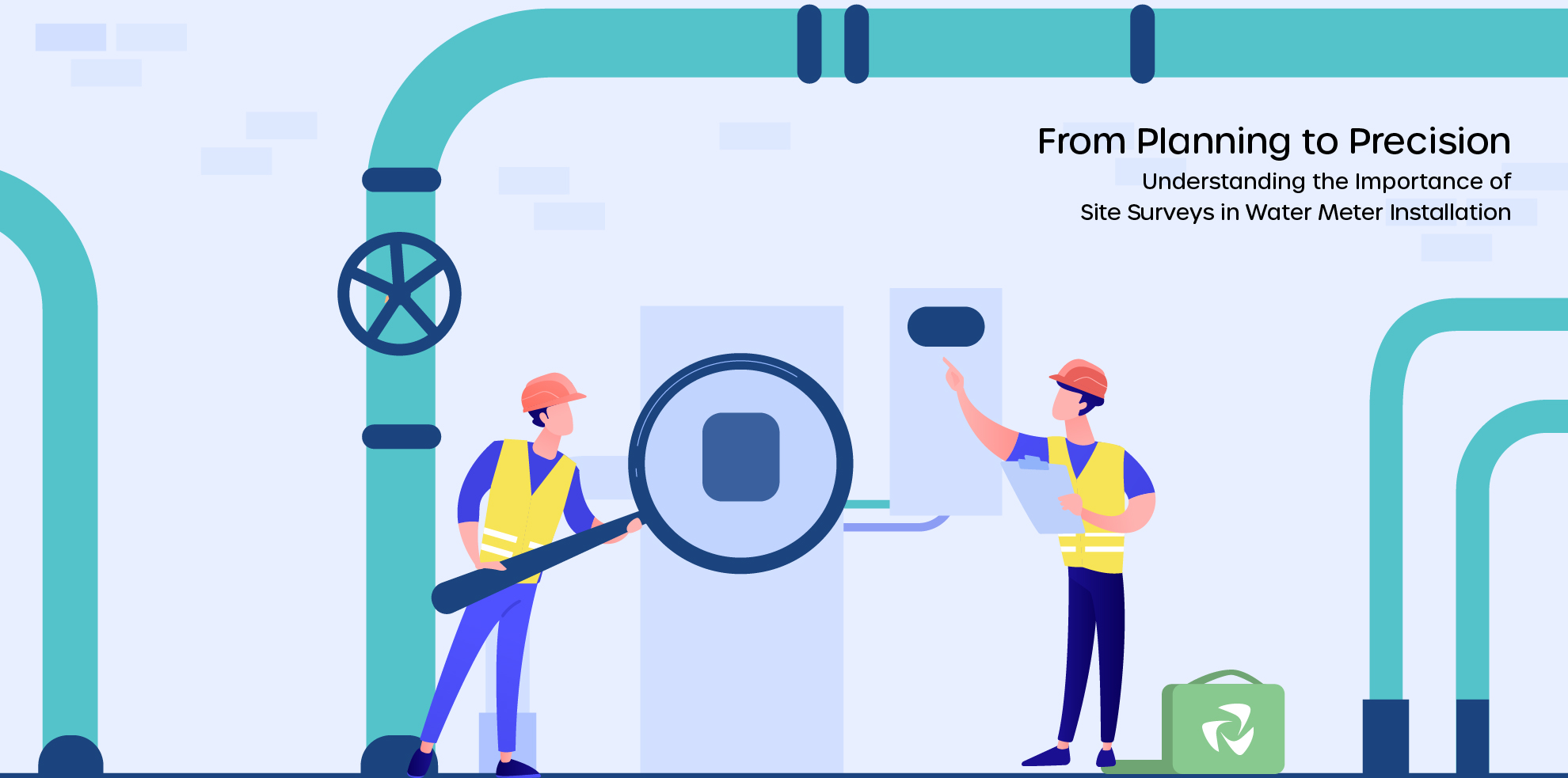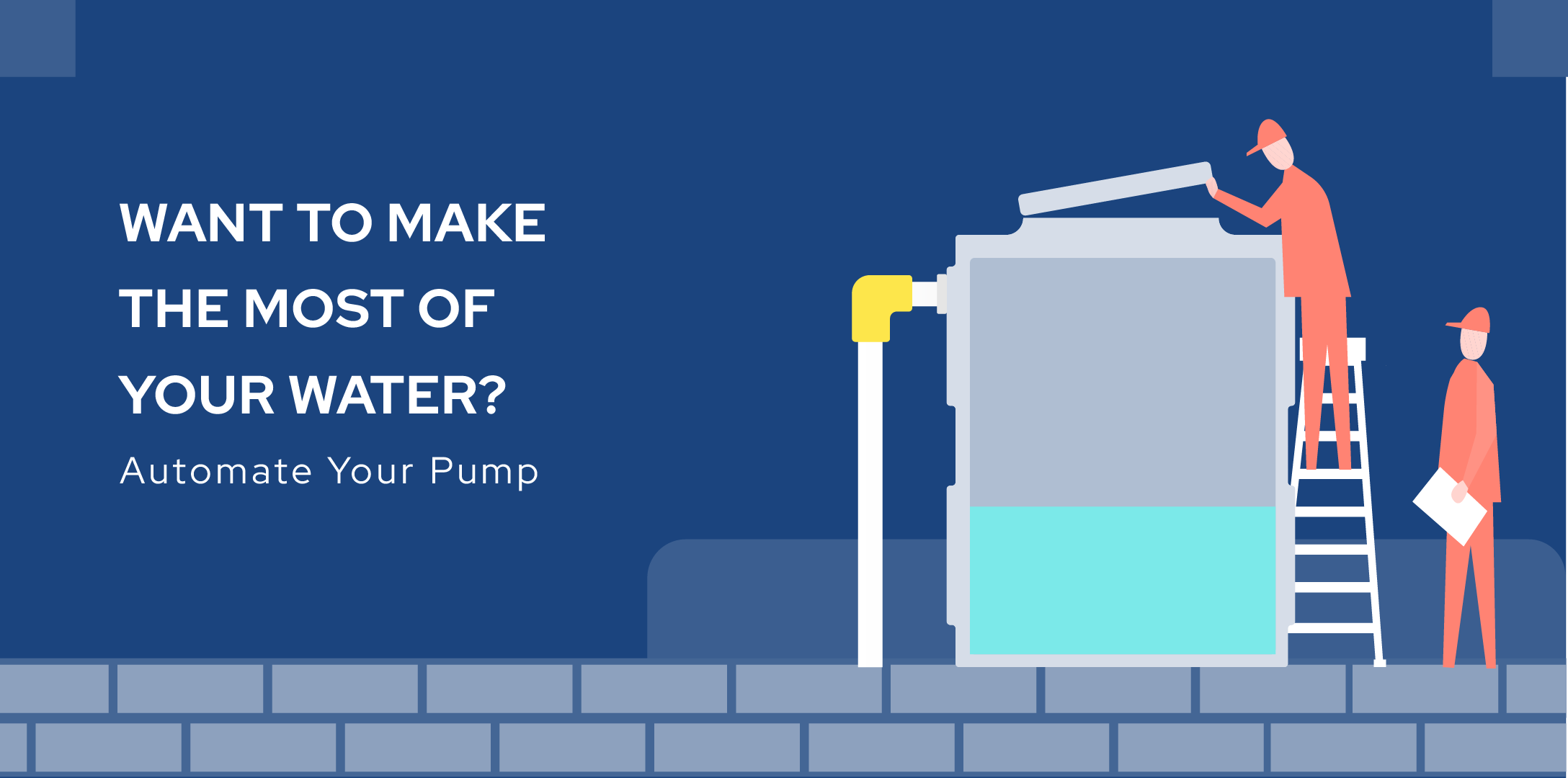Smart water meters can help users manage water consumption in real-time
By 2050, the world is going to witness a peak in population as it comes close to hitting 10 billion.
- Data from World Resources Institute reveals that 17 countries, home to one-quarter of the world’s population, face “extremely high” levels of baseline water stress, where irrigated agriculture, industries, and municipalities withdraw more than 80% of their available supply on average every year.
- Forty-four countries, home to one-third of the world, face “high” levels of water stress, where on average more than 40% of available supply is withdrawn every year.
- India ranks in the 13th position for overall water stress and has more than three times the population of the other 17 extremely high water-stressed countries combined.
Where does the problem lie?
India’s ongoing water crisis is often attributed to insufficient planning, industrialization, increasing population, and human waste. But there is a different problem lying, literally, underneath all of these issues.
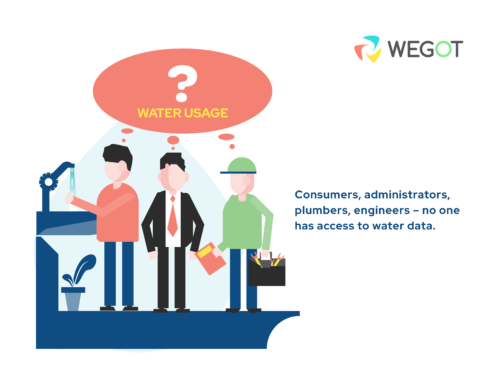
Consumers, administrators, plumbers, engineers – no one has access to water data.
- The consumer does not know how much she uses each day.
- Administrators and plumbers cannot plan or fix inefficiencies in the system because there is no way to accurately pinpoint operational exceptions.
- Public utilities are hamstrung by the lack of accurate information on water usage and wastage
Until a big pipe bursts and floods the streets, no one knows if there is a problem in the network.
The population in urban areas alone is set to hit the 5 billion mark by 2030, going by a UN Population Fund. The growing needs of this rising population will strain natural resources and pose severe environmental challenges. In addition, water scarcity in India is expected to worsen as the overall population is expected to increase to 1.6 billion by the year 2050.
The only sustainable way forward is to understand water, change behaviour and bring down demand. One of the first steps is to generate accurate, real-time data through high-precision sensors. The next step is to bring this data into the hands of consumers, administrators, and decision-makers. WEGoT aqua
Real-time water management systems
We associate the Internet of Things (IoT) technology with smart homes, controlling the way our lights, doors, and electronics work. However, a lesser-known fact about IoT technology is its applications across many other fields associated with our day-to-day lives. One such area which has tremendous potential is water management. The proper management of water as a resource has been a topic of much debate as well as caution for everyone.
In water management solutions, IoT technology is employed to facilitate real-time water monitoring and management of the right amount of water to the right destination at the right duration. This is a data-driven shift made possible by the wireless communication enabled by IoT technology.
Smart metering in residential apartments
Apartment-level sub-metering is slowly gaining traction. Smart meters can accurately measure household water consumption in apartment complexes and provide a variety of benefits.
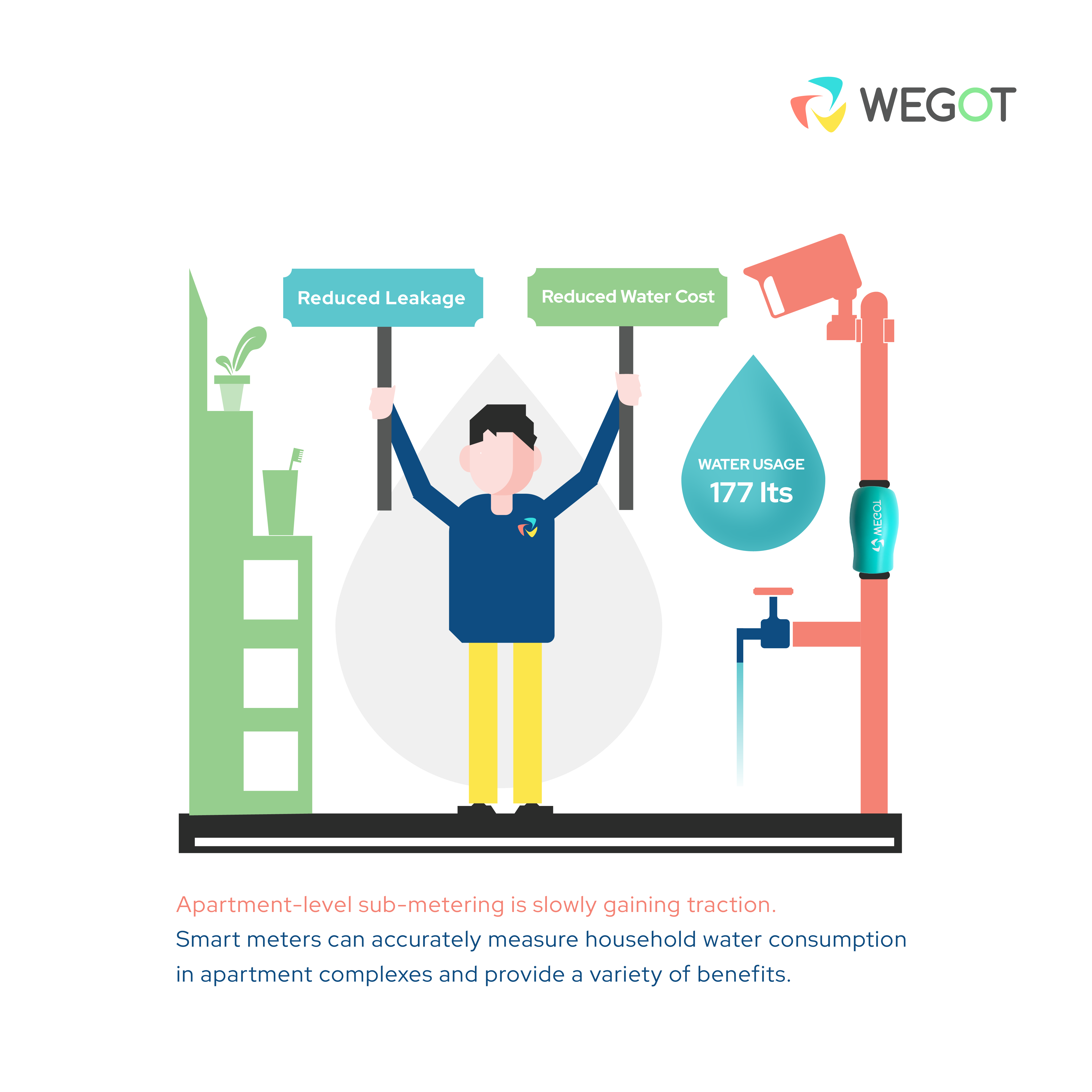 Reduce household water consumption through appropriate pricing
Reduce household water consumption through appropriate pricing
Reduce wastage through leakage notifications
Increase awareness by monitoring water usage
Hundreds of litres of water can be saved in every house. Water meters help people keep themselves in check, and use only what they need.
Smart water metering in commercial spaces.
Commercial building management has benefited from smart water metering. Smart water management solution provides building owners and occupants with a centralized platform with real-time data that can drive or automate decisions, reduce costs and waste fewer resources.
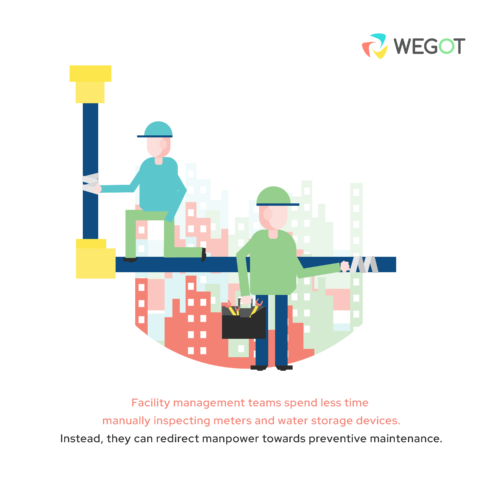
Facility management teams spend less time manually inspecting meters and water storage devices. Instead, they can redirect manpower towards preventive maintenance.
Data collected with smart water devices are being integrated with building management systems to show how much water is being used and how one can target areas where they can use water more efficiently. They receive alerts about leakages and can quickly deploy their technicians to solve the problem. Using the data produced by sensors, management at different points of the water supply chain receives key insights into the changing conditions of water resources and equipment and can take data-driven corrective measures on demand.
How smart water meters can help users manage water consumption and quality in real-time
Smart meters and monitoring hubs allow real-time water consumption measuring, help identify overly excessive usage and waste points as well as correct usage patterns and make predictions for future consumption. Using smart meters and consumption monitoring data can correct water consumption routines and reach sustainability and budgeting goals.
Smart water management represents one of the most promising and underused IoT applications in smart city projects. In the last few years, there has been an advancement in various middleware platforms and IoT-based infrastructures. Many manufacturing companies have been adopting smart water management for a while now, in their efforts to reduce their water wastage and use it efficiently. Smart city projects too are not far behind in this journey considering they are likely to invest about $41 trillion in integrating IoT technologies among their different verticals in the next 20 years.






